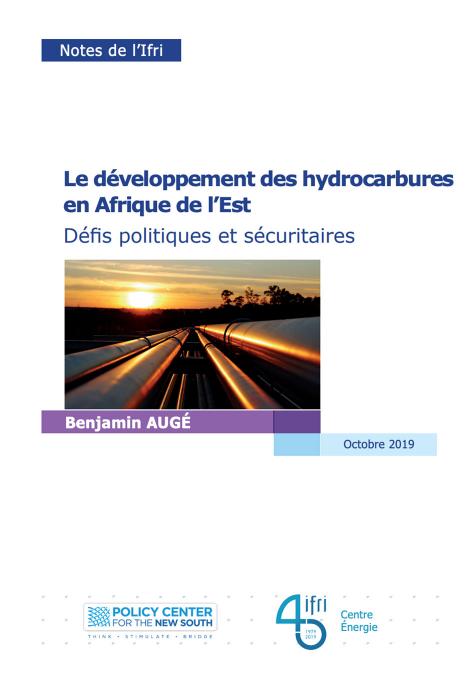Publications /
Book / Report
Au cours des deux premières décennies du troisième millénaire, l’Organisation des Nations-Unies (ONU) a lancé un processus de réforme du maintien de la paix par le biais, notamment, de rapports, de doctrines, d’initiatives et de réformes institutionnelles. Dans la foulée, le Secrétaire général, M. António Guterres, s’est engagé devant le Conseil de sécurité, le 7 avril 2017, à améliorer les opérations de paix des Nations-Unies (OMPs), en confirmant que l’action onusienne dans ce domaine était à la croisée des chemins car, a-t-il convenu, les OMPs «... semblent souvent aux abois, dépassées par l’ampleur de leur tâche ». Le maintien de la paix (MP) souffre certainement de difficultés très diverses, tenant à la fois aux limites politiques et juridiques des mandats, à la complexité des environnements opérationnels, avec l’intrusion de la menace asymétrique (actes terroristes et criminalité organisée), ainsi qu’à la faiblesse capacitaire, tant sur le plan des ressources humaines que matérielles. Le tout, dans un contexte international marqué par les restrictions budgétaires et la baisse des effectifs.








